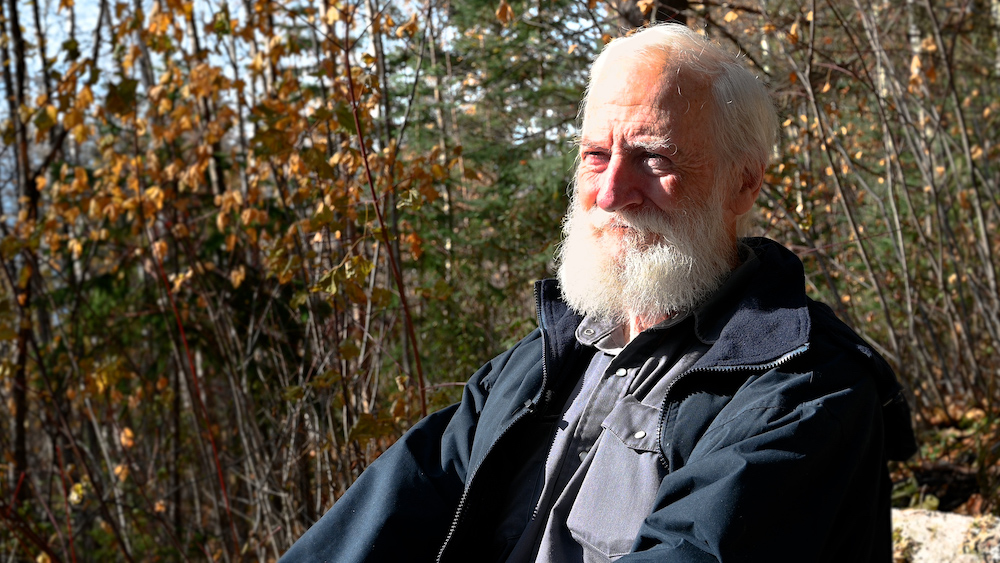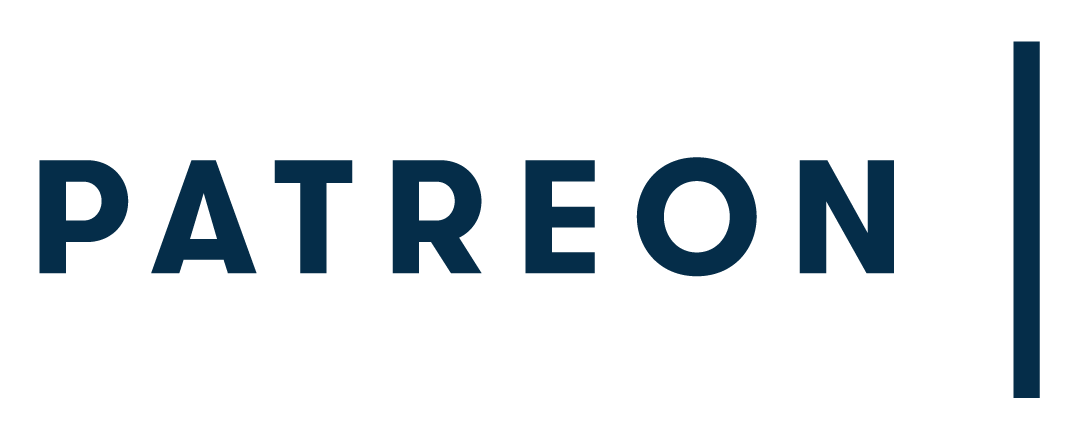Chapter Two
The Context of It All
Part One
CONTEXTUALIZING CONTEXT
Continue Chapter Two
Hot Takes
Reflection Activity
Part Two
THE FOLLOWING ACTIVITIES WILL HELP YOU BETTER UNDERSTAND THE CONCEPTS YOU NEED TO LEARN IN THIS CLASS. YOUR TEACHER WILL SELECT WHICH ACTIVITIES YOU NEED TO COMPLETE BELOW.
Part Three
HOW DOES THIS CLASS RELATE TO REAL-WORLD ISSUES?
Inquiry Media

Can we save every species?
Featured Hot Take
We all need a little context. How to get it? Pollsters help! And few are as informed as Shachi Kurl, the Executive Director of the Angus Reid Institute. She took time away from analyzing the news – and our opinions on the news – to join us in conversation.
We’re featuring this podcast across all five Nature Labs subjects. You might not like every course you take in school, but they are all related. By listening to this podcast, hopefully you’ll better understand why.
Further Exploration
Resources From the Curated Library
Chapters
Trending Now







 Or join us on Patreon!
Or join us on Patreon!






